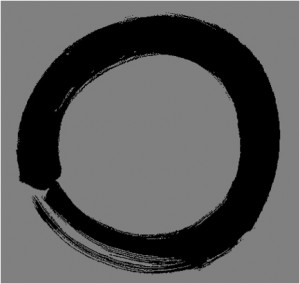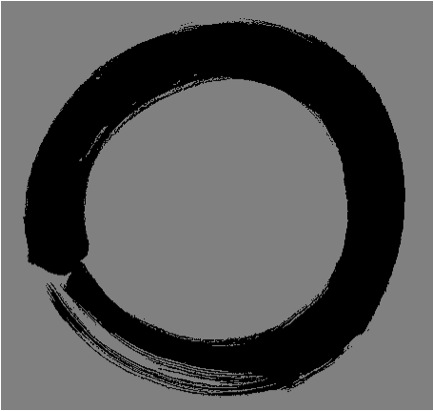How-matters.org readers may know that I’m a faithful reader of The Sun Magazine. A well-spun story in the December 2011 issue, “First Empty Your Cup” by Andrew Boyd, featured an account of a traveler in Japan. I thought the conversation from the selection below would ring familiar for many folks who have lived and traveled abroad so I am sharing it here. At times I have found myself to be the narrator, at other times the Troy.
Shout out to the folks at The Displaced Nation, Expat Backup, and Gypsy Girl’s Guide – this might really resonate with their readers as well.
***
On the evening of my third day in the city I found myself swapping stories with the mix of Swedes, Italians, and Australians in the ryokan’s tiny kitchenette. It quickly became apparent that we were all collecting a similar set of odd, ironic encounters. I told them my noodle-soup-ticket story; they told me theirs.
“Dude,” said an American who’d been standing by the tea machine, eavesdropping, “they just don’t want to touch the money. Not all Japanese restaurants are set up that way.”
“Actually, I figured out that one myself,” I said. “That’s half the point of the story.”
“But you say it like it’s some kind of great revelation.”
His name was Troy. Tall, mildly handsome, late twenties. He was wearing the same Swatch-brand watch I’d seen most Japanese men his age wearing. He’d been living in Japan for a few years, one of the Swedes had told me, and seemed to harbor a special resentment for American visitors like me.
“Did someone get up on the wrong side of the tatama mat this morning?” I asked.
“It’s a tatami,” he shot back, “and I hope you slept on the futon on top of the tatami.”
 The guy had gotten my New York hackles up. “Dude-san, if you know everything already, why are you staying in the ryokan with the rest of us newbies?”
The guy had gotten my New York hackles up. “Dude-san, if you know everything already, why are you staying in the ryokan with the rest of us newbies?”
“Look, you’re an American, right?”
“Uh-huh.”
“You’ve been here, what? Two days?”
“Three.”
“Three days. I’ve been here three years. I’m not saying I know everything, but I know enough to know that there’s a lot I don’t know.”
“That’s very Donald Rumsfeld of you.”
That got a chuckle out of him, and we both eased up a little. He’d been living far to the south in Kobe and was visiting Tokyo like the rest of us. He’d taught English for a year, then stayed on for another two. His Japanese was good. I couldn’t tell what his current job was or if he even had one, but, despite his pretensions, he seemed quite homesick.
“If you’re here for ten days,” he went on, a bit despairingly, “you think you understand the place. If you’re here for ten years, you might actually begin to understand it. Anything in between and you’re lost.” By his own metric he was lost, and so was I—but, crucially, I didn’t know it yet.
“So you’re saying I’m too happy?” I asked. “Or just clueless?”
“Yes.”
“Well, bully for me.”
But, as I walked away, I knew he was right. It took Eugen Herrigel, a German studying Zen archery in Japan in the 1930s a full five years simply to learn how to release his bowstring “unintentionally.” I was a voyeur, a dilettante, a drive-by gleaner. I was passing through Japan without enough time to learn the language or properly settle in. And I was making up for it by jumping to conclusions and turning ordinary encounters into defining moments.
***
Related Posts
Friday’s Poetic Pause: Haiku for Aid
Missionaries, Mercenaries & Misfits: How two aid workers came full circle
Ruminating on the Radio: Advice for International Volunteers & Aid Workers


“I know enough to know that there’s a lot I don’t know.”
I hope it didn’t take him 3 years to work that out ;-).
A sense of wonder at details in a new culture is normal – it’s good to be learn that there is far more going on than you’ll understand anytime soon (especially before you do anything like serious financial transactions or marriage in the new country) but I don’t see a need to pour cold water on every newbie’s joy.
Pingback: Tatama mats | Ewomencleanse